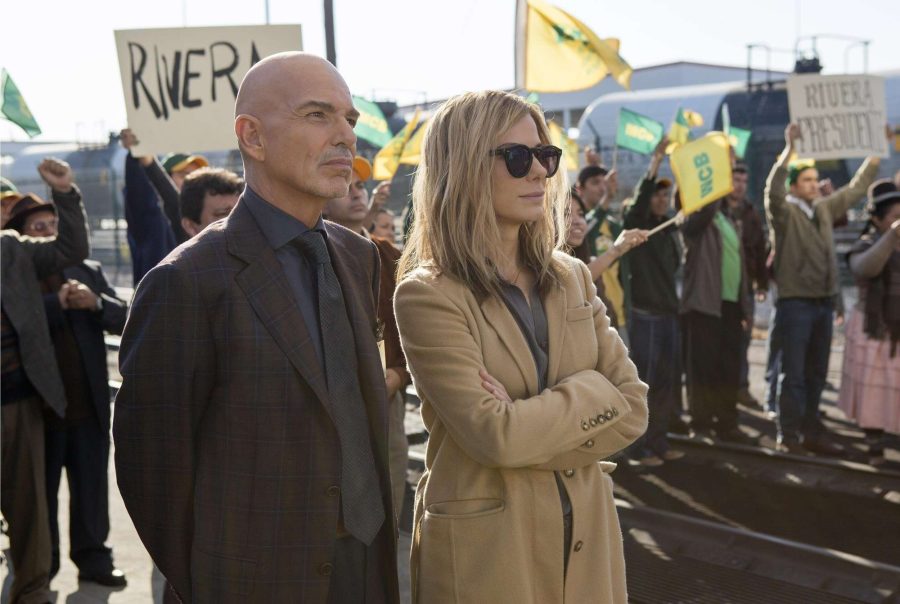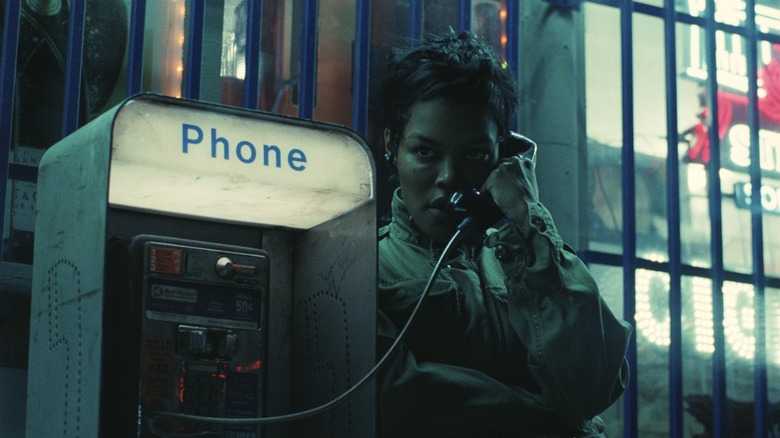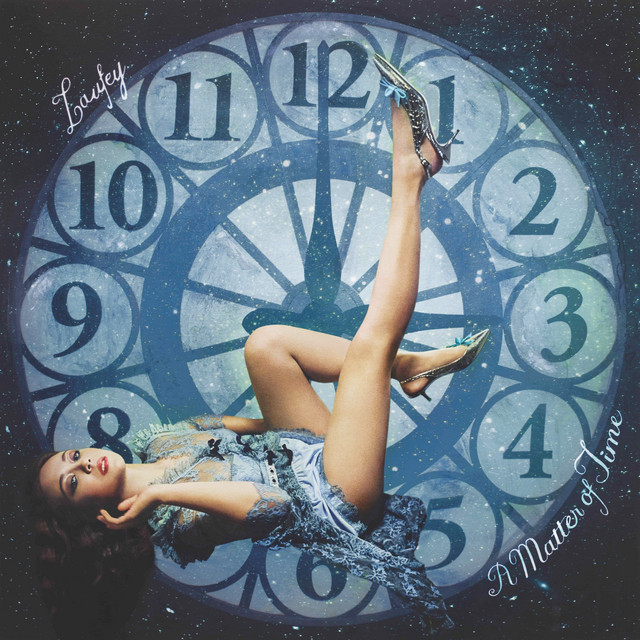A tragic attempt at being poignant, “Our Brand Is Crisis” neglects its A-list cast and a pertinent theme for a feeble portrayal of an election.
Rating: 2.5/5
Directed by David Gordon Green
Starring Sandra Bullock, Billy Bob Thornton, Anthony Mackie, Joaquim de Almeida
Rated: R
Release Date: October 30, 2015
“Our Brand Is Crisis.” The title itself reflects the sophistry that goes into getting a candidate elected. The attempt to sputter out a story was fettered to mediocrity by its own script, following in the footsteps of any good politician by making empty promises. All too unfortunate is the fact that there were opportunities to delve into underlying issues surrounding both the fictional and the actual 2002 presidential election in Bolivia.
Although the film focuses on a 2002 election in Bolivia, the message and themes are applicable to our elections, to say the least. Released a little over a week after the first Democratic debate, the film takes us behind the scenes and into the chaotic, intricate realm of the electoral market. The 2015 fictional political satire is based on Rachel Boynton’s 2005 documentary with the same title, illustrating how the then-presidential candidate Gonzalo Sanchez de Lozada hired a team of American political consultant masterminds, including Bill Clinton’s former campaign manager Jim Carville, to win the presidential election. Castillo represents Lozada in the 2015 film and appropriately alludes to the former president’s icy, disconnected persona. Yet, “Our Brand Is Crisis” fails to explore Castillo’s character beyond the fact that he’s a reticent, rich businessman who is disconnected from reality. Spoiler alert: Castillo is an asshole. But why were people so vehemently opposed to him initially? That still remains unclear. The scant details surrounding Castillo’s first-term in office and the minimal context regarding the constant protests bar the viewer from appreciating Bodine, and thus Bullock’s sublime efforts.
Nevertheless, Bullock embraces Bodine’s road to redemption, portraying her brilliance, her raw but energizing imperfections, and shows us how to win a plural election, step by step. She is able to couple the self-assured, bombastic personality of Margaret Tate (“The Proposal,” 2009) with the resolute yet gracious Leigh Anne Tuohy (“The Blind Side,” 2009), which won her the Oscar for best actress that same year. Bullock’s persona gives us the most insight into the electoral market along with the few exchanges between her and her arch nemesis Pat Candy, played by Billy Bob Thornton. We don’t get much else besides that, since the scenes jump quickly between protest scenes, strategy sessions and an occasional camera shot alluding to social iniquities within Bolivia. In terms of elections, we are told that candidates are created, polished and advertised to the public. And we leave with a superficial understanding of the process which could have taken fewer than 15 minutes to explain.
Furthermore, screenwriter Peter Straughan incorporates Spanish into the script but, again, teases us and fails to deliver. Castillo alternates between Spanish and English, which makes sense considering he hired American consultants, yet he speaks English to his Spanish-speaking campaign volunteers and practices speeches written for the Spanish-speaking Bolivian populace in English. Not only is this awkward, but it once again demonstrates how, even on a micro-level, “Our Brand Is Crisis” made critical errors.
With a theme that is close to home and with a solid cast, one cannot help but have high expectations. However, in spite of Sandra Bullock’s performance as Jane Boudine, political consultant extraordinaire, the film itself is a crisis.
[embedyt] http://www.youtube.com/watch?v=BLZo_ILZhfk[/embedyt]














